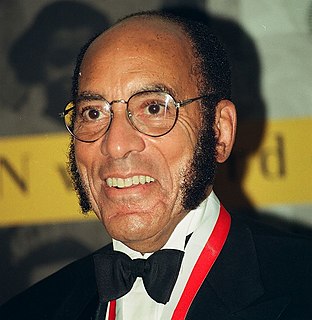A Quote by John Lewis Gaddis
The doctrine of preemption has a long and distinguished history in the history of American foreign policy.
Related Quotes
Maybe it's understandable what a history of failures America's foreign policy has been. We are, after all, a country full of people who came to America to get away from foreigners. Any prolonged examination of the U.S. government reveals foreign policy to be America's miniature schnauzer -- a noisy but small and useless part of the national household.
If, in schools, we keep teaching that history is divided into American history and Chinese history and Russian history and Australian history, we're teaching kids that they are divided into tribes. And we're failing to teach them that we also, as human beings, share problems that we need to work together with.








































